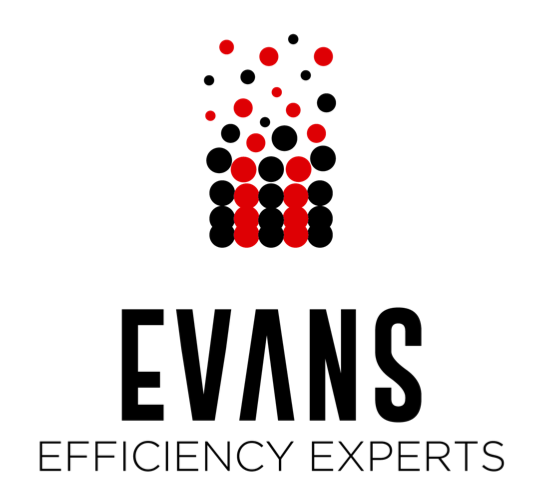Artificial Intelligence (AI) has revolutionized the way individuals and businesses operate, offering numerous tools and applications to enhance productivity. Whether you’re a solo entrepreneur, part of a startup, or working within a large organization, AI can streamline processes, automate repetitive tasks, and improve decision-making. Here are 19 ways to leverage AI to boost productivity.
1/Task Automation: Use AI tools like Zapier or Microsoft Power Automate to automatically handle routine tasks such as email responses, data entry, or scheduling.
2/Smart Scheduling: Tools like Google Calendar’s AI scheduling or Calendly automatically find the best meeting times based on participants’ availability.
3/Email Filtering: AI-powered email clients like Gmail prioritize important messages and filter out spam or promotional emails.
4/Virtual Assistants: Use AI virtual assistants like Siri, Alexa, or Google Assistant to set reminders, send messages, and answer questions quickly.
5/Content Generation: Tools like ChatGPT and Jasper create content drafts, blog posts, or social media captions, saving time on writing tasks.
6/Data Analysis: AI tools like Tableau and Power BI analyze large datasets quickly, offering actionable insights through visual reports.
7/Customer Support Automation: Chatbots powered by AI, like Intercom or Drift, handle customer inquiries, providing instant responses and freeing up human agents.
8/Project Management: Tools like Asana and Trello leverage AI to assign tasks, predict deadlines, and optimize workflow processes.
9/Transcription Services: Use AI transcription software like Otter.ai or Descript to convert meetings, interviews, or lectures into text quickly.
10/Language Translation: AI translation tools like Google Translate or DeepL help break language barriers in international business communications.
11/Document Proofreading: Grammarly and Hemingway use AI to proofread text, improve grammar, and suggest more concise writing.
12/Inventory Management: Retailers use AI tools like NetSuite to forecast demand and optimize stock levels.
13/Financial Forecasting: AI software like QuickBooks and Xero helps predict cash flow trends and monitor expenses.
14/Social Media Management: Tools like Buffer and Hootsuite use AI to schedule posts, suggest content, and analyze engagement metrics.
15/Cybersecurity Monitoring: AI-powered security tools like Darktrace and Symantec detect anomalies and potential cyber threats.
16/Video Editing: Platforms like Adobe Premiere Pro use AI to automate color correction, caption generation, and scene recognition.
17/Voice Recognition: AI voice-to-text tools like Dragon NaturallySpeaking improve note-taking and document creation.
18/Market Research: Tools like Crayon and Crystallo use AI to track competitor activity and provide market insights.
19/Health Tracking: AI-powered fitness apps like Fitbit and Apple Health monitor physical activity, sleep patterns, and overall wellness.
Incorporating AI into daily workflows enhances efficiency, reduces human error, and allows professionals to focus on higher-value tasks. As AI technology continues to advance, its potential to transform productivity will only grow, offering endless possibilities for both businesses and individuals.

